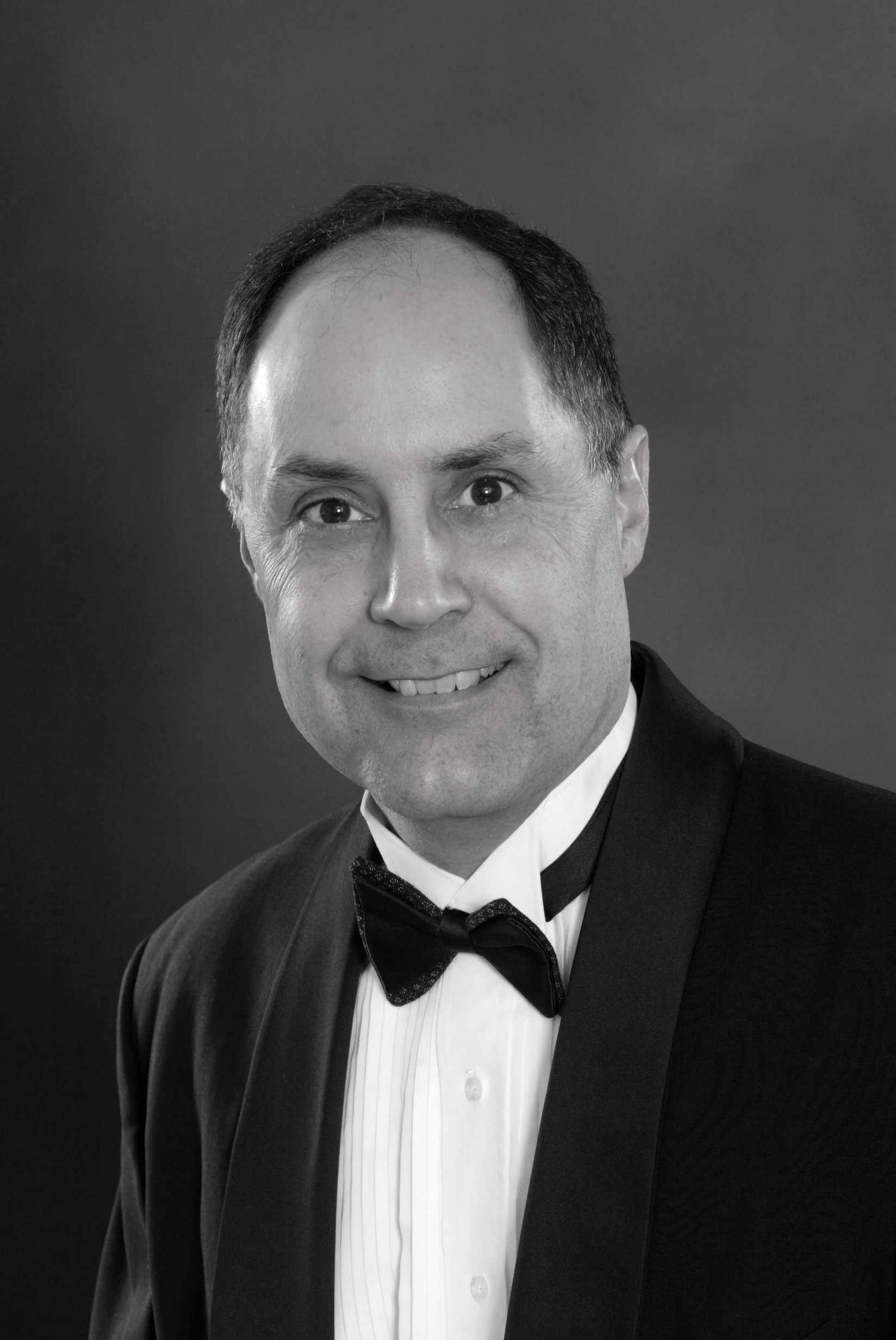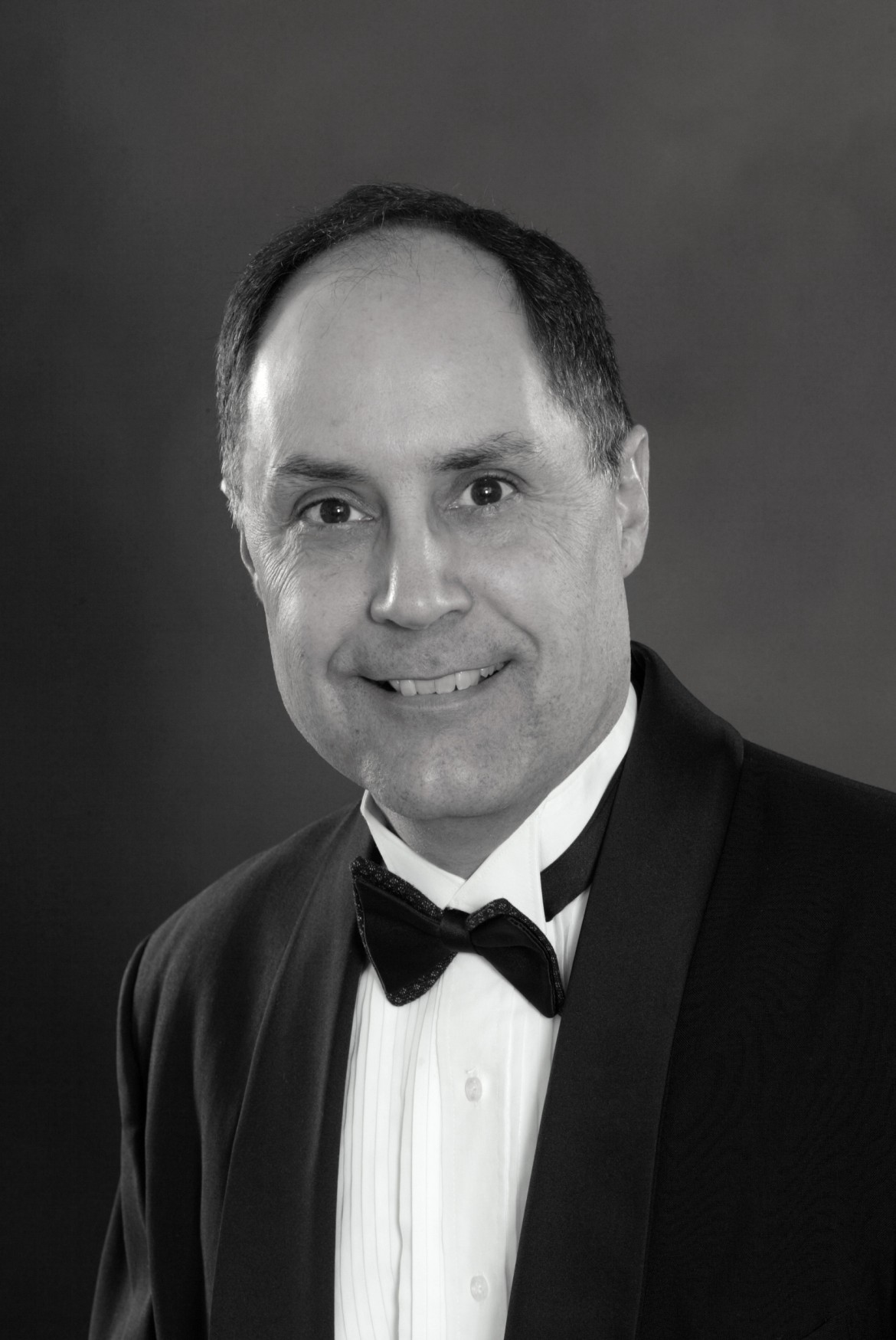
With the coming of a new president every two years in state ACDA chapters comes a fresh group of state ACDA board members. It is an opportunity to bring new people to leadership and to place previous members into new positions built upon their past work. Just completing a term as repertoire and standards chair for women’s choirs, it is my pleasure to be newly selected by President Ingram as the ACDA-Michigan secretary.
My very first task is to thank past secretary Karen Nevins for her many years of service in this position. What she has done for the organization is immeasurable, hidden in her humbleness and generosity and in her desire for the choral arts to prosper across Michigan regardless of what it takes. Now in charge of our acdami.org website, Karen will continue to have an impact on us all. Thank you, Karen.
In my line of research, I have surveyed thousands of music directors and their ensemble members to help sort through all of the claims about what is most effective to see exactly what holds up in the “big picture” of things. We are always bombarded with the latest gimmicks, silver bullets, shortcuts, tricks that click, bag of goodies, passing fancies, guru wisdoms, and bandwagons. But out of all that, what really matters most? Well, it depends on what you are after! In the big picture, we can be distinguished by two underlying goals: we can either work to get singers to follow our lead through fast-paced performance activities, or lead singers to deeper knowledge and expressive results by letting go of strict control and finding our interdependent relationship with them. It boils down to the difference between getting more done and doing things well, between covering more music and uncovering insights into the music. In my role of ACDA-Michigan secretary, as I sort through all of the board discussion and plans, it is my goal to help keep our focus on the deeper things that will drive us forward and bring more people together with shared purpose.
This seems the goal of our new president, Richard Ingram, as well. In our summer board meeting, he asked us to share what ACDA means to us and to lend ideas toward the future of ACDA. Here are some of our answers.
What ACDA Means?
• It gives us a sense of community, people who are bonded by concerts—only choral directors understand choral directors.
• This is where we learn preference for choral tone, continue our development as conductors, find new materials, and get help in the search for high quality repertoire for any age and type of choir.
• Conventions energize and update us on trends and pedagogy, both in Interest Sessions and as implied in concerts and rehearsals.
• Conventions present model choirs in real performance situations, nerves and all.
• ACDA is an opportunity for service.
• ACDA promotes singing across the lifetime, from children to adult choirs, school to community and church choirs, male to female to mixed choirs—with a Repertory & Standards chair to help us pay attention to each type.
• ACDA provides an exchange between school and nonschool directors.
• It provides balance to all of the “educational” and “job” priorities coming at us, putting beautiful choral music at the heart of it all.
What Future Goals Are There?
• Foster change that reflects the makeup of our choirs.
• Continued commitment to the choral director.
• Complement what is going on with other organizations.
• Invite our peers, to nurture others as we are nurtured by this organization.
• Build toward future members through the involvement of students from universities and two- and four-year colleges across the state, first by making the convention cheaper for college student members (and then the board proceeded to vote for the convention to cost only $20 for students).
• Encourage attendance at division and national conventions and plan ways to connect with other choral directors from Michigan who do attend these conventions.
Please know that this list is limited to the ideas that I could keep up with in typing as the discussion went around the table, with my apologies for not getting all the ideas down. Also, please know that this list is not complete because…it may not include your vision for ACDA. Now, you know that the list of board members and representatives is not in this journal to toot our horns, but for you to connect with us with your concerns, ideas, plans, and goals. So here are five more bullets for you to have your say. Write them down, and share them. Look up the representative from your region, or the one in charge of your types of choir, or those leading at the top of ACDA-MI, and help make a difference.
My Reasons and Goals for ACDA-Michigan?
_________________________________________________
_________________________________________________
_________________________________________________
_________________________________________________
_________________________________________________
Alan Gumm is professor of music education at Central Michigan University, where his responsibilities include Women’s Chorus, music education methods, choral literature, graduate research, and student teacher observation. He is the author of the books Making More Sense of How to Sing and Music Teaching Style, and contributor to two volumes of Meredith Music’s “cookbook” series. His writings also appear in the major journals in music education, including the Choral Journal. Dr. Gumm’s previous experiences include public school positions in Kansas and higher education positions in Utah, New York, and Kansas. He has led several U.S. and European choir tours, and was founding conductor of the McPherson (KS) Chamber Orchestra. He has a long record of professional and choral clinics, including helping propel the MountainTown Singers barbershop chorus to international competition in 2008, and has been recognized with numerous awards for teaching excellence. He holds degrees from the University of Utah, Fort Hays State University, and McPherson College, and he is a member of American Choral Directors Association, Music Educators National Conference, Society for Research in Music Education, and Society for Music Teacher Education.

